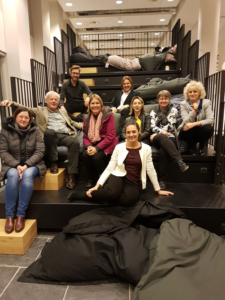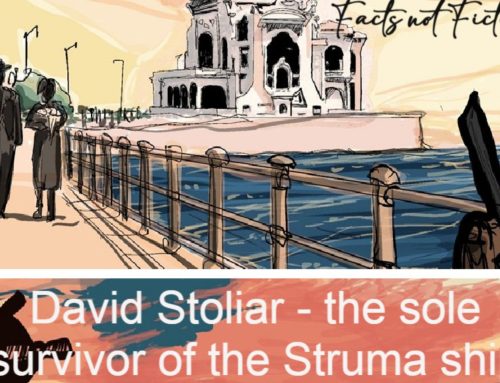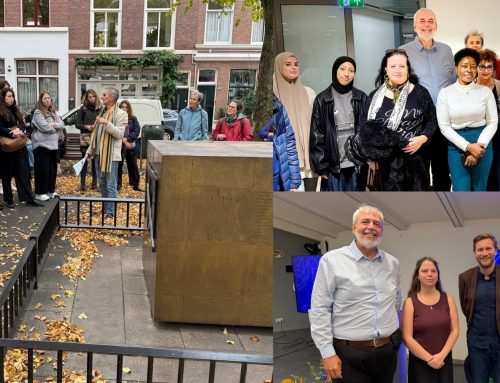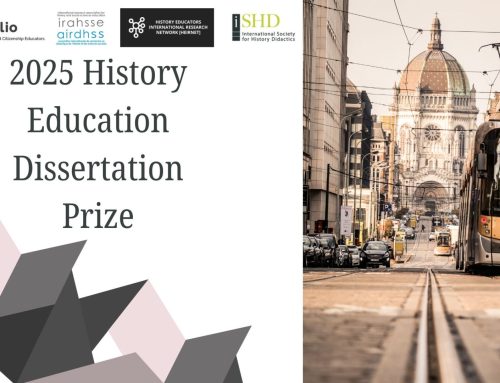On 6-7 November, the partners of the project “Strategies for Inclusion” came together at the Amsterdam University of Applied Sciences to discuss the progress and challenges of this ongoing project, which is now moving into its final phase. They met for the fourth and final transnational meeting, discussing what has been done so far and what still needs to be done before the project reaches its conclusion.
Over the past two years, a lot of work has been done in conducting interviews and collecting practices that deal with making education more inclusive, developing educational resources and preparing policy recommendations. Still, more work lies ahead. First of all, multiplier events are to be organized in partner countries Armenia, the Netherlands, Slovenia and Portugal. These are national events in the local language, where participants can follow trainings with the developed and translated educational resources, and where other project results can be disseminated. At the same time, EuroClio is working on organizing a larger international training. Also, to create a more comprehensive view of what is being done to make history and citizenship education more inclusive, more interviews are needed to collect more practices. Decisions were made at the meeting between the partners to work on this in the upcoming period.

The Core Team had their final transnational meeting in Amsterdam this week
EuroClio Programme Director Steven Stegers gave an update on the status of the development of educational resources, which aim at making history and citizenship education more inclusive and accessible. Via a presentation, he showed an overview of the developed learning activities and gave an update on to what extent they are finalized. The partners showed great enthusiasm about these resources.
HvA coordinator Arie Wilschut has been working on policy recommendations, a document that will be translated in 22 languages and spread across Europe, urging policy makers and curricula developers to pay more attention to inclusiveness and accessibility of history and citizenship education for all students.
As this is a pilot project, and not much work has been on subject-specific focus when it comes to inclusive education, there was room for discussion. One of the discussion points was whether the making of policy recommendations for specific groups will stand in the way of the idea that all students have individual learner needs and that this will lead to the unnecessary risk of labeling people. The risk of labeling students, thus focusing on certain groups and thereby making education exclusive instead of inclusive is one of the returning points of discussion in the project.
Along with this discussion came the question about what inclusive education exactly entails. Is there an essential difference between inclusive history and citizenship education, and ‘good’ history and citizenship education? It was mentioned that the project so far has not delivered any answers to the questions educators of special needs groups might have. This was countered by the statement that most special needs groups do not need any special attention, just good education focused on their needs, which can be in the form of small adjustments. This project gives attention to that and raises awareness about that.
Besides the interesting and essential discussions, some important results have been achieved as well. New ideas for the final training were raised and participants were given important insights in the current state of affairs of the educational resources.
The next steps of the project will involve organizing national events in Armenia, the Netherlands, Portugal and Slovenia, the final training, and the piloting and publication of the educational resources.












